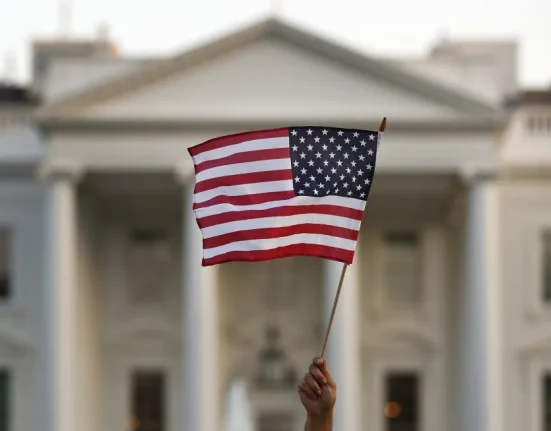The United States government has announced stricter visa policies targeting individuals suspected of engaging in “birth tourism”, a practice where foreign nationals travel to the U.S. with the intent of giving birth so their child automatically obtains American citizenship.
This new policy, effective from July 28, 2025, empowers consular officers to deny B-1/B-2 tourist visas if they suspect the primary purpose of a visa applicant’s travel is to give birth in the U.S. for the benefit of securing citizenship for the child. The U.S. State Department says the move is aimed at preserving the integrity of its immigration system and preventing the exploitation of birthright citizenship provisions.
According to federal officials, birth tourism poses national security and immigration enforcement challenges, especially as companies have emerged in recent years that charge high fees to arrange such travel and delivery logistics in the U.S. Some of these businesses have already been prosecuted for visa fraud and other criminal violations.
Although giving birth in the United States is not illegal, authorities argue that misrepresenting the purpose of a visit on a visa application is a violation of immigration law. Under the new rule, applicants may be required to provide additional documentation or evidence to establish the legitimacy of their travel plans, especially pregnant women nearing term.
Immigration analysts say the policy may significantly reduce the number of foreign births in the U.S., which reached tens of thousands annually in previous years, particularly from countries such as China, Russia, and Nigeria. However, critics have expressed concern over possible human rights implications and the subjective discretion now given to visa officers.
The U.S. government insists the policy is not a blanket ban on pregnant travelers, but a necessary measure to prevent the abuse of legal loopholes in the country’s immigration system.

